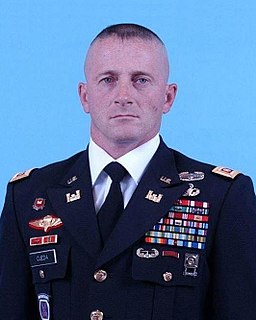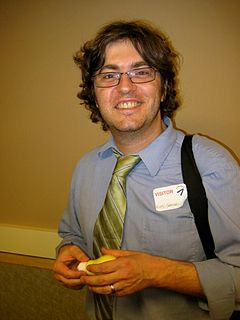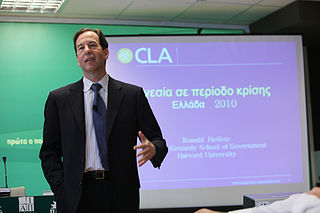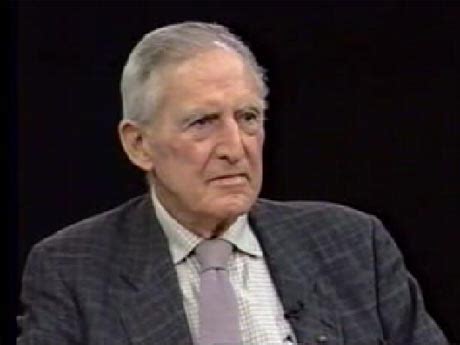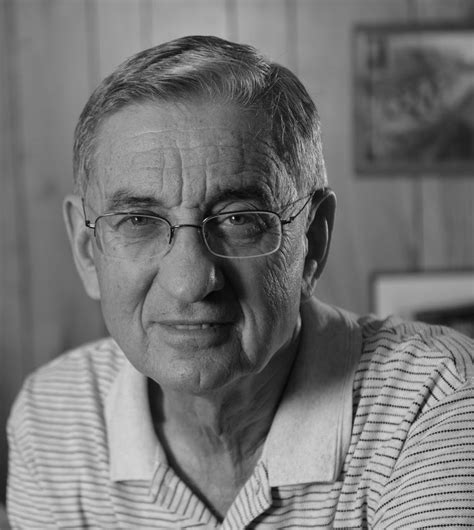A Quote by Richard Ojeda
We must look for leaders who have exhibited a lifetime of service to their communities and have proven that their intention is to help people.
Related Quotes
We talk about social service, service to the people, service to humanity, service to others who are far away, helping to bring peace to the world - but often we forget that it is the very people around us that we must live for first of all. If you cannot serve your wife or husband or child or parent - how are you going to serve society? If you cannot make your own child happy, how do you expect to be able to make anyone else happy? If all our friends in the peace movement or of service communities of any kind do not love and help each other, whom can we love and help?
Designing Online Communities is a must-have for anyone designing or researching online communities, particularly for learning. Owens' work is both comprehensive and eminently readable, a sweeping look at the technologies, design patterns, and cultural forms they produce that is both theoretically ambitious and grounded in examples and tools that will help you develop, research, and manage online communities.
Human Needs Project is really about how to come up with a different approach to helping, really focusing on the dignity of people living in communities you are not a part of, and how to approach these communities with help, but more look at it as an investment and a collaboration with these communities rather than, 'Here comes the white savior!'
Leaders need to remember that the point of leading is not to cross the finish line first. It's to take people across the finish line with you. For that reason, leaders must deliberately slow their pace, stay connected to their people, enlist others to help fulfill the vision, and keep people going. You can't do that if you're running too far ahead of your people.
The NHS needs to change fundamentally. It's a fragmented service when it should be joined-up. It's a last-minute crisis intervention service when it should be about prevention. It's a sickness service when it should have promoting health as its core. Crucially, it doesn't do enough to help people to help themselves.
The naive which is simultaneously beautiful, poetic, and idealistic, must be both intention and instinct. The essence of intention, in this sense, is freedom. Consciousness is far from intention. There is a certain enamoured contemplation of one's own naturalness or silliness which itself is unspeakably silly. Intention does not necessarily require a profound calculation or plan.
